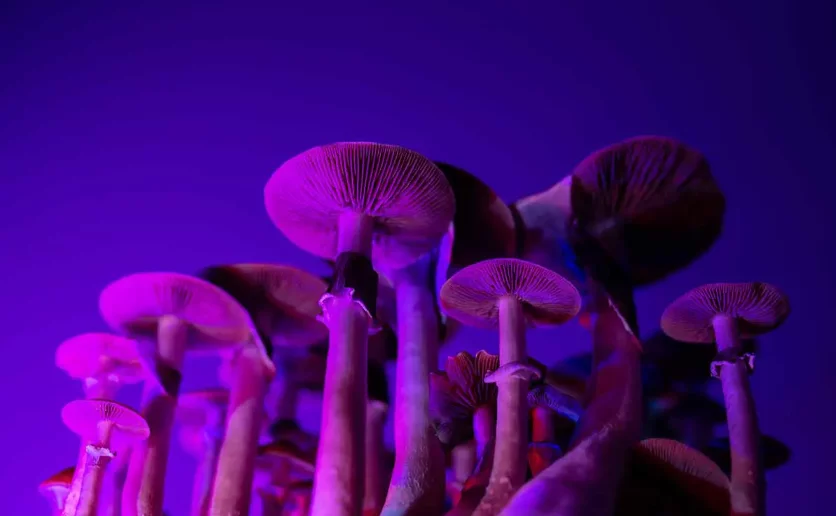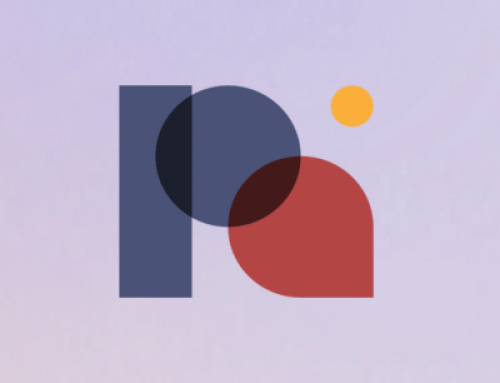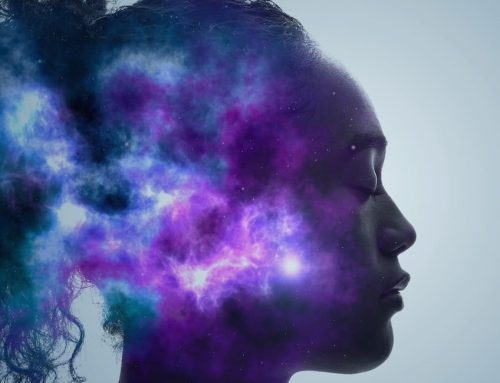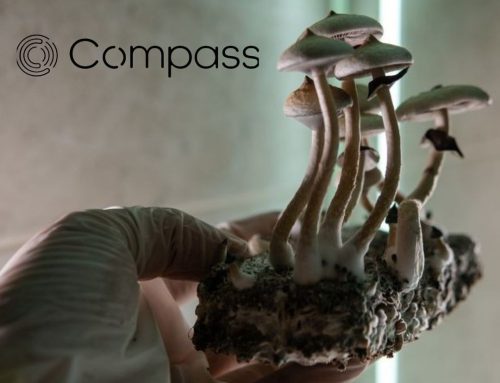Psilocybin Study Highlights Potential for Psychiatric Treatment
LOS ANGELES- A recent study available through the National Library of Medicine provides new insights into the use of psilocybin for treating psychiatric disorders and its potential in psychedelic-assisted psychotherapy.
This study is the first to explore reinforcement learning with psilocybin. Researchers conducted a probabilistic cue-reward task, presenting participants with emotional cues—either neutral or fearful faces—both consciously and subconsciously. The goal was to examine how psilocybin affects learning processes when interacting with emotional stimuli.
The findings showed that across various dosages, psilocybin maintained learning effects and performed comparably to a placebo, suggesting that psilocybin does not impair reinforcement learning. Participants displayed higher exploratory behavior under psilocybin, indicating potential enhanced cognitive flexibility. Specifically, the group receiving a 20 mg dose of psilocybin demonstrated significantly better learning rates compared to the placebo group, highlighting a dosage-dependent impact on cognitive performance.
The study also revealed that psilocybin led to poorer learning outcomes with subconscious cues but improved results with conscious neutral cues under certain conditions. This suggests that the context in which emotional cues are presented is crucial for learning efficacy when using psilocybin.
Researchers believe these findings are significant for the future of psychedelic therapy. By showing that psilocybin can preserve and even enhance learning in specific contexts, the study supports its potential use in therapeutic settings. The ability to modulate serotonin signaling in the brain with psilocybin could lead to innovative treatments for psychiatric disorders, offering new possibilities for patient care.




































